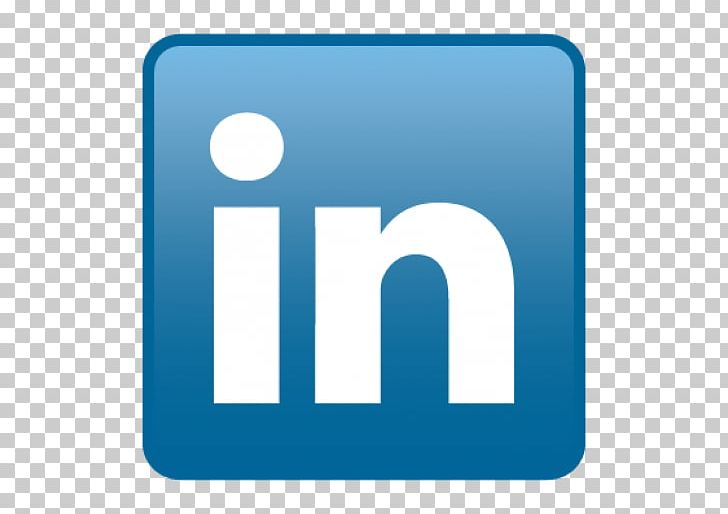
It helps that LinkedIn doesn’t need to track your activity across its site, app and the web in the openly invasive way that Facebook does in order to monetise your activity on its network. We might worry about Mark Zuckerberg spying on us – to the point where he’s not just a household name, but the butt of jokes in comedy sketches across the world – but most of the surveillance on LinkedIn is carried out by other users, whether it be for genuine work-related reasons or for nefarious purposes, such as learning about someone you’ve matched with on a dating app.

The flipside of that, though, is that as we’ve had a backlash against big tech and the dangers of social media, LinkedIn has escaped the bad press almost entirely. TikTok and Instagram dominate the cultural conversation, Facebook still has the largest user base and Twitter is the social network journalists spend far too much of their time on – leaving LinkedIn often unregarded. LinkedIn doesn’t need to track your activity across its site, app and the internet in order to monetise your activity

As a social network centred on work – and owned by Microsoft, still a hugely successful tech company but seen as something of a 90s relic – it has a reputation for earnestness bordering on naff. LinkedIn can be accused of many things, but being cool is rarely one of them.


 0 kommentar(er)
0 kommentar(er)
